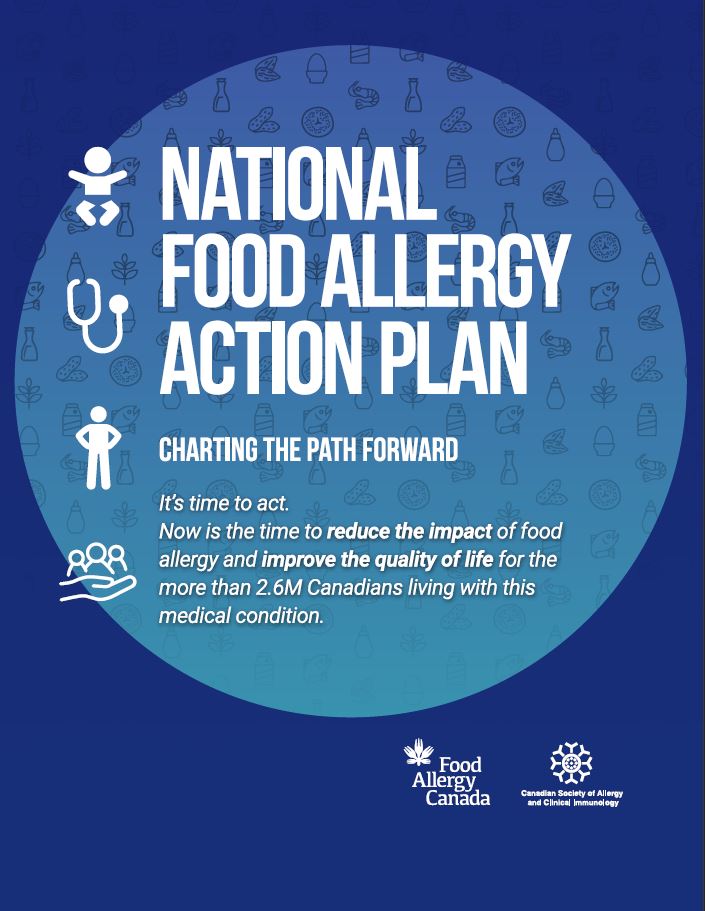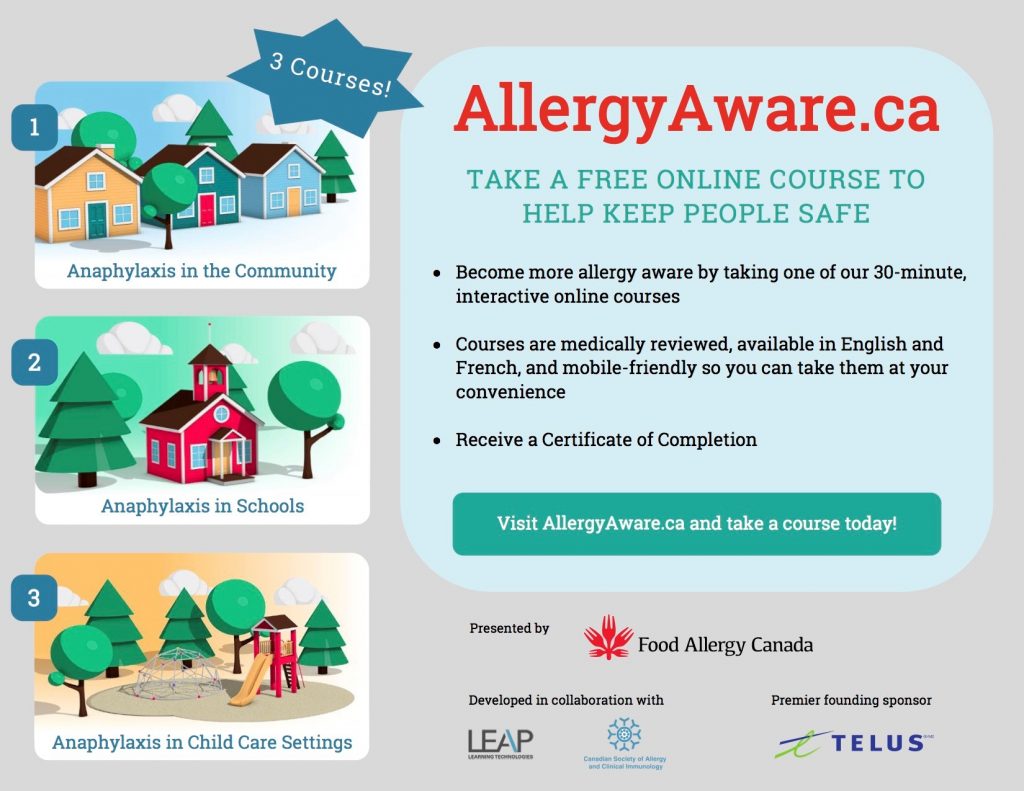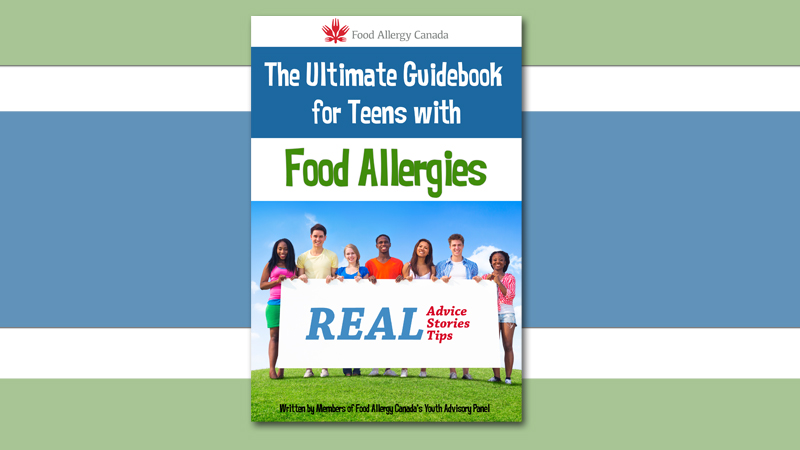Read our 2019 year in review and save the date for our 2020 national conference! Applications are now open for our community awards, plus check out our resources to help you navigate food allergy confidently this year.
2019 year in review
2019 was an action-packed year of advocating on your behalf. Here are a few highlights of our impact and accomplishments:
1. National Food Allergy Action Plan helps to #MakeFoodAllergyCount with the government and others.
We launched the National Food Allergy Action Plan on Parliament Hill as the first step in making food allergy a public health priority and driving real change. This plan focuses on greater support in the areas of prevention, management, treatment, and broad-based community and food system support. We brought the Plan to the federal election with our #FoodAllergyVotes campaign and you helped us make some noise to get support for the Plan across each federal platform.
Goal for this year: We are invested in our advocacy to #MakeFoodAllergyCount by engaging with the new federal cabinet and discussing how to prioritize food allergy and advance our priorities under the Plan.
2. Made sure you had access to life-saving medication.
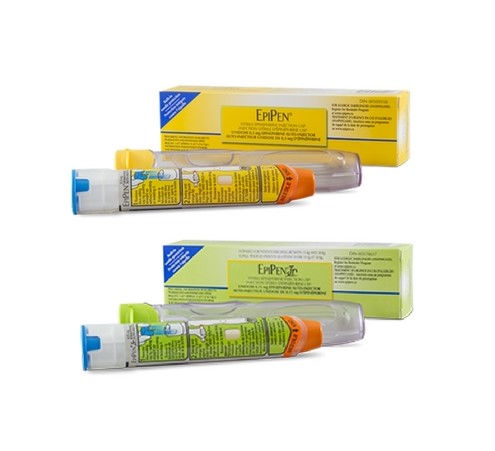
Over the last two years, there has been ongoing uncertainty around EpiPen® supply. At different times, you may not have been able to secure a device, or get your full prescription filled. It’s unacceptable to not have access to life-saving medication. In 2018, we helped to secure a temporary alternate supply of epinephrine auto-injectors to ensure all Canadians could access a device. Since then, we continued our advocacy with Health Canada and others on finding a longer-term solution.
Goal for this year: We will continue to drive this priority with Health Canada and other stakeholders to ensure there is always a minimum of two suppliers of epinephrine auto-injectors in Canada.
3. Continued to influence change in foodservice operations
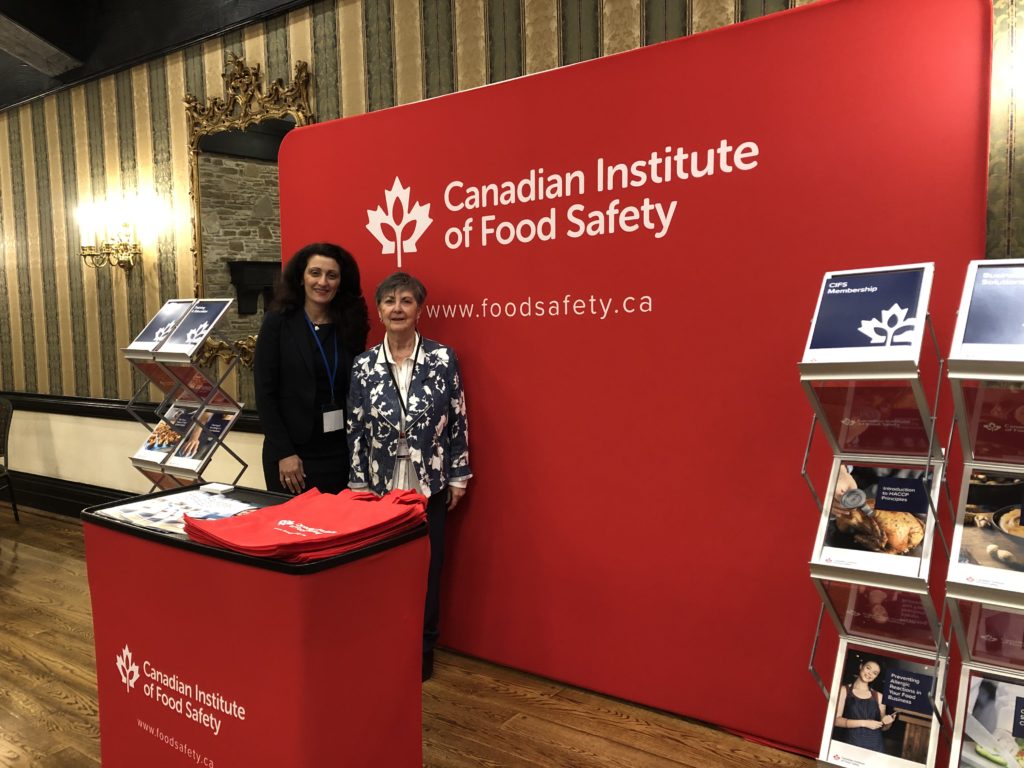
Dining out is complicated with food allergy. You face many challenges, including access to complete ingredient information, varying levels of allergen management practices/training in foodservice operations, and a lack of awareness of the seriousness of food allergy. Last year we continued our collaboration with key stakeholders to help define what needs to change in order to create safer diner experiences.
Goal for this year: We will continue our efforts to ensure you can make informed decisions when eating out, this includes working with key stakeholders in the foodservice sector, creation of voluntary guidelines on food allergen management, influencing curriculum changes in culinary schools, and more.
4. Started the conversation here and around the globe on “may contain” statements.

We are co-leading an international call to action on the development of standards for allergen risk management and the use of may contain statements on behalf of 58 consumer food allergy advocacy groups, representing 37 countries. We are also working with Health Canada to prioritize the updating of current industry guidance on the use of may contain statements. Changes in this area will allow you and people from around the world to make safer, more informed food choices and provide food manufacturers with greater clarity when making allergen labelling decisions.
Goal for this year: Continue our initiatives to build awareness and address the issues of may contain statements in food manufacturing, so you can have the information you need to make safe food choices. We will also continue discussions with government and industry to advocate for enhanced allergen labelling practices.
5. Educated the educators to make sure your kids have the support they need in school.
With our AllergyAware.ca school courses we help to keep school staff educated on the basics of anaphylaxis, including signs and symptoms, how to reduce risks, and emergency treatment. This course has been taken by tens of thousands of educators, helping to keep schools safe.
Goal for this year: Our educator outreach will continue to ensure schools and other institutions that can benefit from our AllergyAware.ca online training.
6. Made sure other healthcare professionals knew how to support you better.
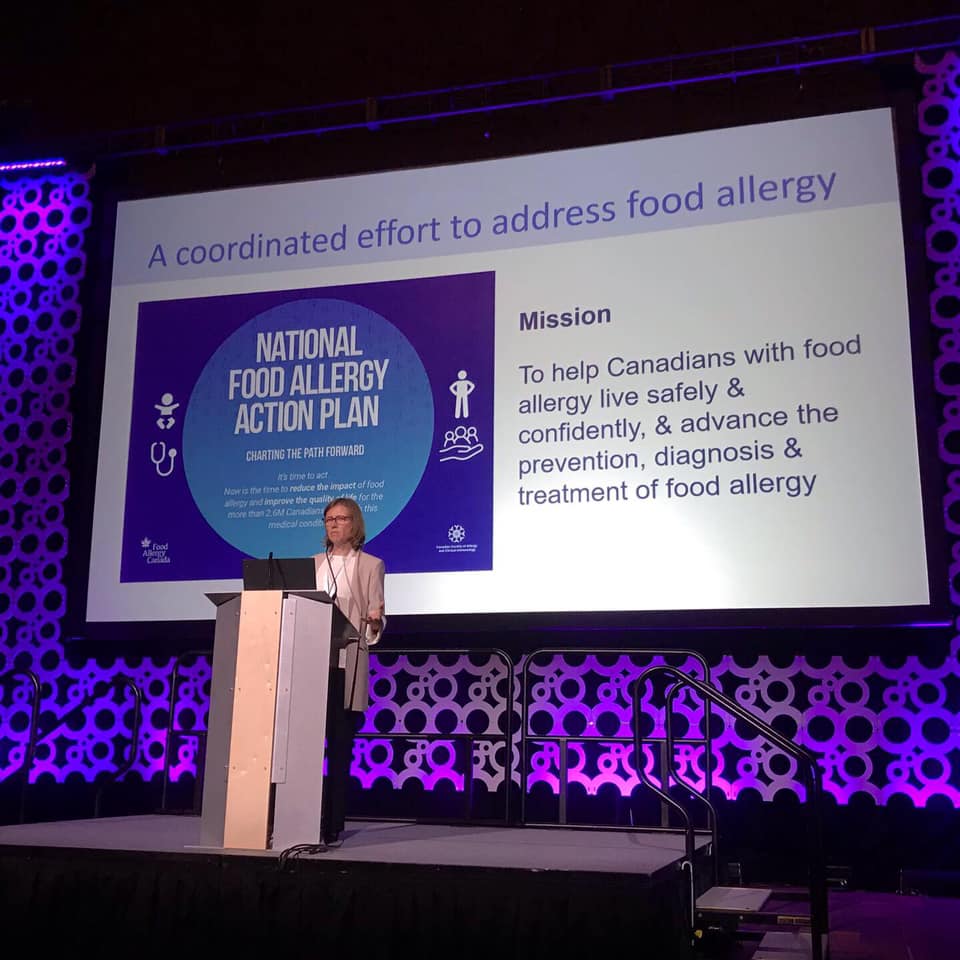
It’s important to educate other healthcare professionals on how to support those impacted as many people don’t have an opportunity to see an allergist frequently. For those of you recently diagnosed, you may have to wait months up to years before seeing an allergist. Last year, we spoke or exhibited at seven medical conferences and reached almost 1,500 healthcare professionals who are now better informed on how to prevent food allergy, diagnose food allergy, and better support those impacted.
Goal for this year: We are continuing our outreach efforts with healthcare professionals to ensure all Canadians with food allergy receive the support they need to live confidently with this medical condition.
7. Provided you with education and support.

We have taught and supported thousands of families over the years at various critical points, like when recently diagnosed, starting school, moving out and more. Last year, we focused on how food allergy can be prevented, how to manage the psychosocial impacts of food allergy, how to manage food allergy in high school, and what the top food allergy myths are so you can share what’s fact and fiction.
Goal for this year: We will continue providing educational programming to support individuals, healthcare providers, educators, and more with informative webinars, digital resources, and other tools to ensure you and all families can live confidently.
8. Empowered youth.

Teens and young adults are at the highest risk for a food-induced anaphylactic reaction. We offered vital education to hundreds of kids and teens this year with our free online mentorship programs where they can also meet peers and make friends. 100% of our past participants have said this program has been life-changing and they are grateful to have been a part of it.
Goal for this year: Our focus on our youth educational programming will continue to be on empowering kids and teens so they can learn to confidently self-manage. We will also be investing energy increasing awareness and empathy among the kids not impacted by food allergy to help combat bullying.
Help us meet our goals by donating, volunteering, or becoming an advocacy ambassador.
Save the date for our 2020 national conference!
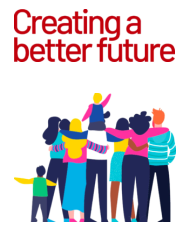
Join us for our upcoming 2020 national conference with the theme of Creating a Better Future. The conference will take place at the Ontario Science Centre in Toronto, Ontario on Saturday, May 30, 2020.
You will have the opportunity to learn the latest on food allergy from top researchers, scientists, and food allergy stakeholders.
This full-day conference is centered around a variety of topics on how to create a better #FoodAllergyFuture. You’ll also have an opportunity to network with others impacted by food allergy and check out various exhibitors supporting the food allergy community.
There will also be two half-day sessions for youth, led by food allergy educator, Kyle Dine. There will be one session for ages 7-11 and another for ages 12-17.
In the coming weeks, you’ll get more details on the day and how you can register. Stay tuned!
Applications are now open for our 2020 community awards

Enter to win our awards/grants this year! Learn more about them below and please share with others who may be eligible.
Pryde Family Travel Grant
For graduate students, medical students, and healthcare professionals with an interest in food allergy/anaphylaxis. The Pryde Family Travel Grant offers two grants valued at $500 each to help cover the costs of attending an academic program or event related to food allergy. Learn more and apply by March 23, 2020.
Robyn Allen Leadership Award
For a healthcare professional, industry representative, government representative, or an individual who has exemplified extraordinary leadership and dedication in the advancement of food allergy awareness and education. Learn more and apply by March 23, 2020.
Sabrina Shannon Memorial Award
For students entering their first year or continuing their studies at a post-secondary institution. Students can apply for a chance to receive one of two awards valued at $1,000 each. Applicants do not need to have food allergies to be eligible for the award. Learn more and apply by April 24, 2020.
Reminders for an allergy-safe new year
Brush up on your food allergy knowledge and share with others so they know how to help you and your family stay safe.
Anaphylaxis 101 video – Understand the basics
Learn about anaphylaxis, including causes, symptoms, and treatment.
AllergyAware.ca free online courses
Learn the basics of food allergy and anaphylaxis, how to prevent reactions from happening, and if they do happen, how to recognize and treat them.
The Ultimate Guidebook for Teens
This book for teens covers everything from food allergy and dating, dining out, and travelling, to emotional aspects such as frustration, anxiety and being confident with food allergy.

